Fraud Alert - Beware of Fraudulent CPR Courses in Oakland
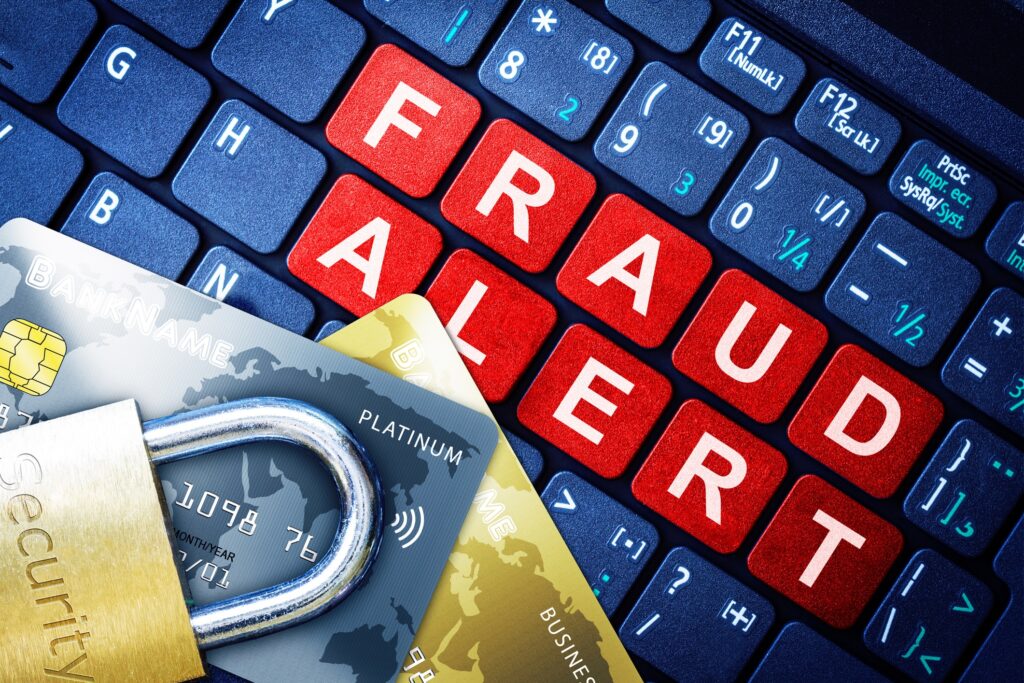
How to Identify Fraudulent AHA Classes?
Fraudulent American Heart Association (AHA) training courses have unfortunately become more common across California and the United States. This guide will show you how to identify and avoid these fraudulent courses.
If you’ve taken a fraudulent course or suspect that a class you’re considering isn’t legitimate, it is your responsibility to report it to the American Heart Association. By doing so, you’re helping protect others and maintain the integrity of life-saving training.
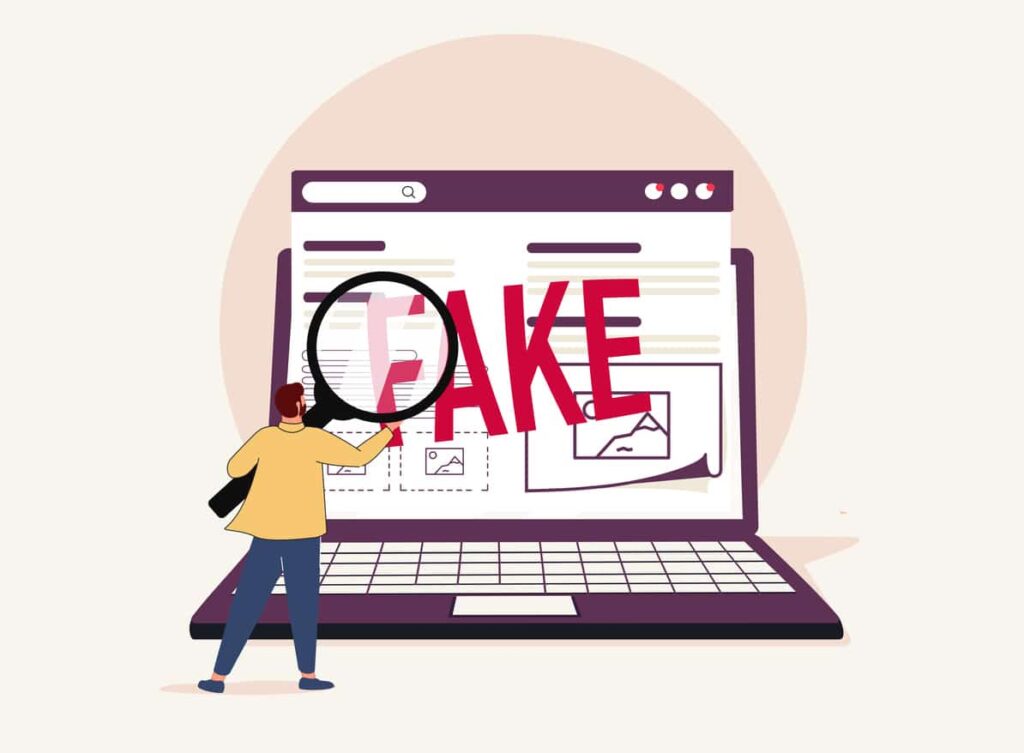
Summation of CPR Scams
Watch out for these red flags when evaluating a CPR course provider:
- No website or one that looks suspicious.
- Missing physical address or contact number.
- No American Heart Association (AHA) logo, suggesting no affiliation with the AHA.
- Issues certification without hands-on manikin practice.
- No use of learning materials or books during classes.
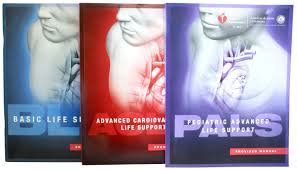
Stacking - Teaching Classes Same Time
It’s impossible for a company to teach BLS, ACLS, and PALS courses simultaneously since each requires unique videos and instruction. If you notice multiple courses starting at the same time from the same provider, this is a red flag.
What to do:
Report such practices to the American Heart Association by emailing [email protected]. Stay alert and ensure your training is legitimate.

Online Only CPR Companies
The American Heart Association (AHA) does not certify training courses created by outside organizations. Any claims stating a course is “AHA Certified,” “AHA Approved,” “AHA Compliant”, or “created by AHA certified” are false and often linked to fraudulent websites with fake certifications. Authentic AHA certification cards are issued only by authorized AHA training centers.
For online courses, ensure they are completed directly through the AHA. Skills testing must be conducted with a certified instructor or via Voice-Assisted Manikin (VAM).

Cash or Venmo Accepted Only
Be cautious with CPR training companies that only accept cash, Venmo, or PayPal. Why? These payment methods often leave you vulnerable, and some businesses use them to avoid taxes or shut down abruptly.
If you pay with cash and something goes wrong—like not receiving your certification—you have no way to dispute the charges. On the other hand, paying with a credit card gives you a safety net. You can file a dispute if you’re scammed or if your certification card never arrives.

Zoom Courses
Acceptable Courses Over Zoom
You can take the official BLS Online Heartcode or Heartsaver Online CPR and First Aid course. After completing the online portion, conduct a skills test with an American Heart Association (AHA) instructor over Zoom. This must be done in an office equipped with proper CPR manikins.
Unacceptable Zoom Courses
It’s not acceptable to attend a Zoom meeting with an instructor if you don’t have the required CPR manikins and AED in front of you.
Additionally, ACLS (Advanced Cardiovascular Life Support) and PALS (Pediatric Advanced Life Support) skills testing are strictly prohibited over Zoom.
Need Help?
If you have questions or need clarification, email the American Heart Association at [email protected].

Written Test Only
If you’ve taken an online test through eLearning.heart.org and later received an emailed American Heart Association (AHA) certification card without hands-on training, you’ve likely been scammed. A valid AHA certification requires in-person practice on CPR manikins as part of the course.
What to do:
Report any fraudulent activity to the American Heart Association by emailing [email protected].
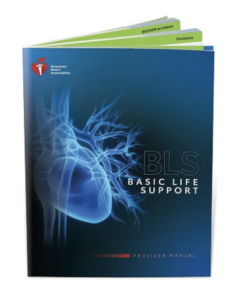
Book Policy
The American Heart Association (AHA) requires you to have the course book or eBook before, during, and after an instructor-led class.
If a training provider loans or rents a book to you or doesn’t require you to purchase one, the course is likely fraudulent.
What to do:
Report suspected fraudulent courses to the AHA by emailing [email protected].
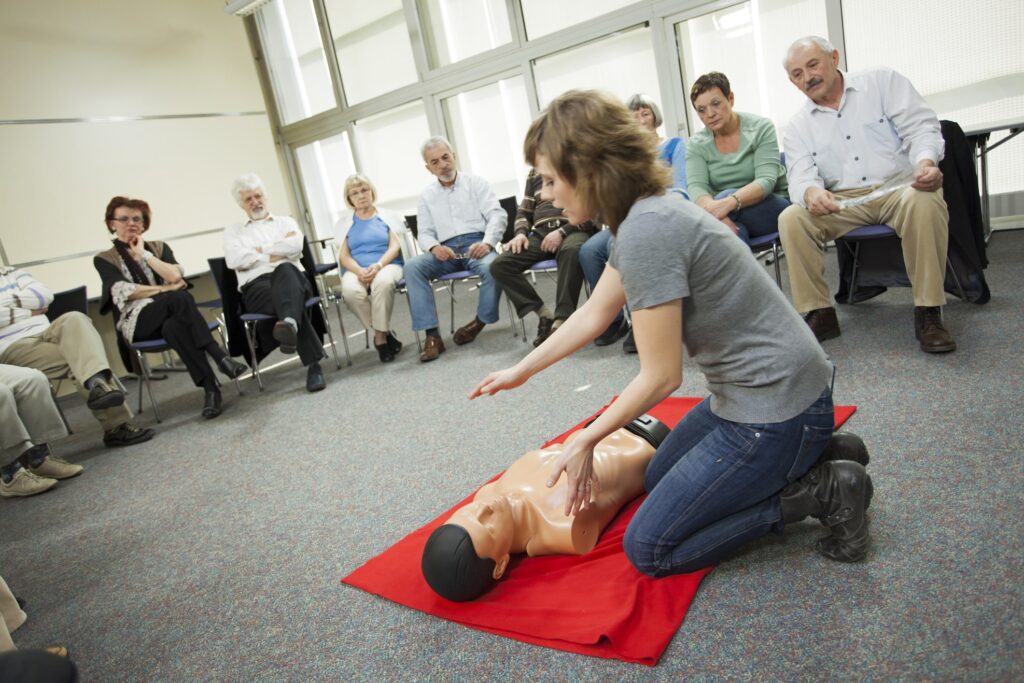
Instructor To Student Ratio
Maintaining proper instructor-to-student ratios ensures effective training and close monitoring of students during CPR courses. Here are the American Heart Association (AHA) recommended ratios for instructor-led classes:
BLS: 1 instructor to every 9 students
ACLS: 1 instructor to every 6 students
PALS: 1 instructor to every 6 students
If you notice a course with more students per instructor than recommended, it may not meet AHA standards.
What to do:
Report such instances to the AHA by emailing [email protected].
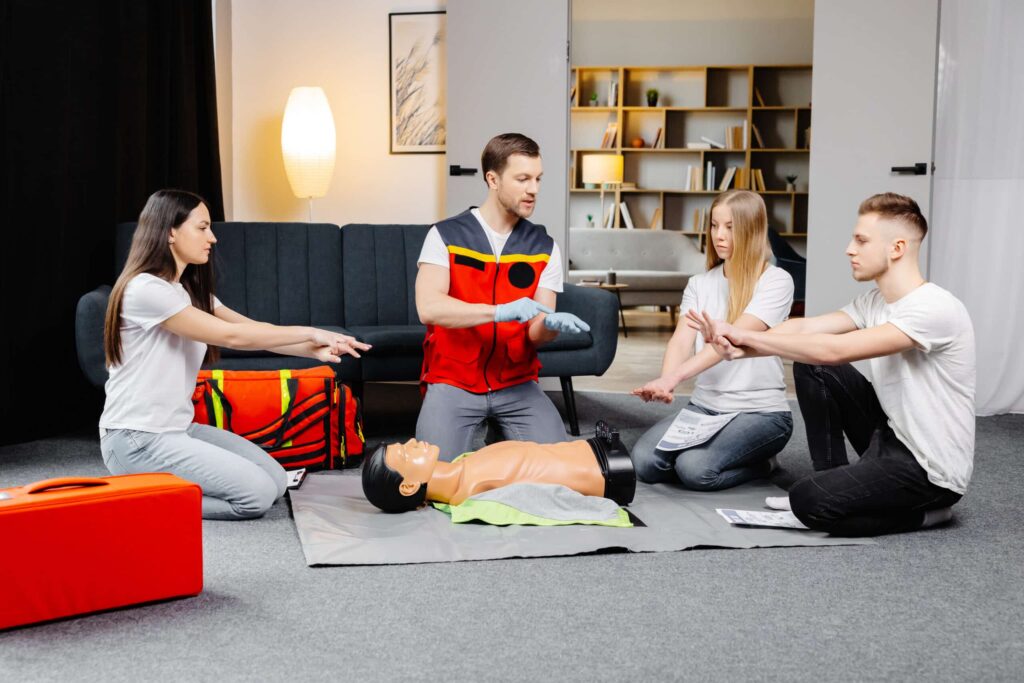
Classes Inside A Person's Home
- Fire and Safety Hazards
- Insurance Issues
- Unprofessional Environment
- Personal Safety Risks

Course Length For Instructor Led Training
Some CPR companies in California shorten course durations to cut costs, which violates American Heart Association (AHA) standards. This applies even to small group or one-on-one training. Additionally, many companies fail to list course end times, making it harder to confirm compliance.
Here are the AHA-approved course durations for proper training:
BLS Must be: 3-4 hours, ACLS Must be 4-6 hours, PALS: Must be 4-6 hours
If your CPR course does not meet these time requirements, it is likely fraudulent.
What to do:
Report such instances to the AHA by emailing [email protected].
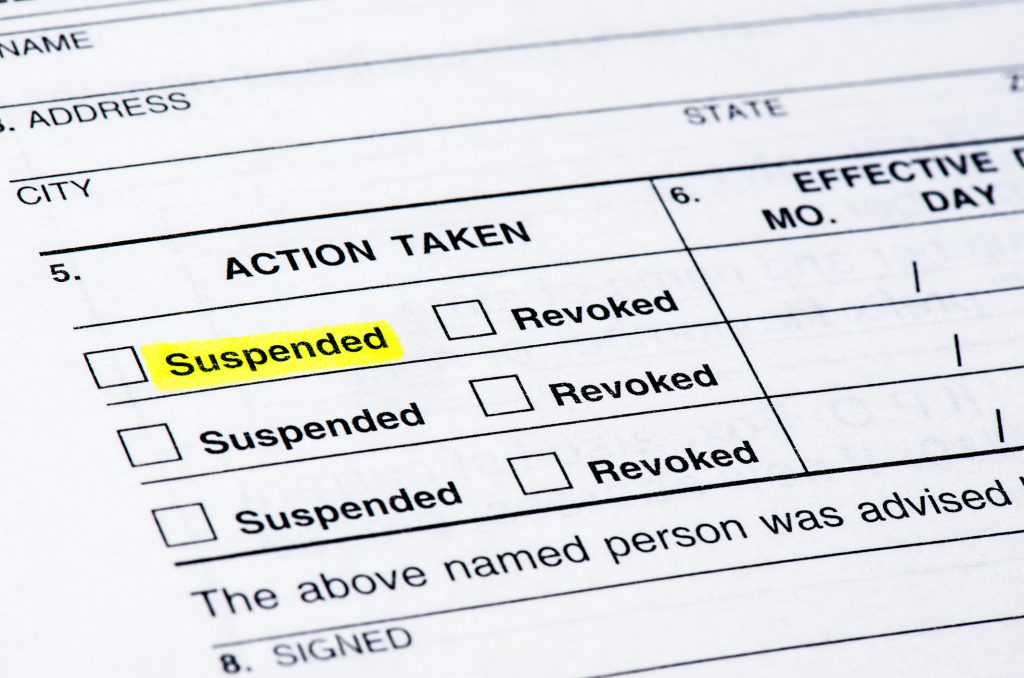
Revoking Your Certification Card
Did you know taking a non-compliant course could lead to your certification card being revoked? If your card is an eCard, your employer or school may be notified about the non-compliance. This could harm your reputation as it shows you attended an unauthorized course—a situation no one wants on their record.
For those offering public courses at a facility or school, the consequences could be even more significant. If one instructor is found to be non-compliant, certification cards issued over the last three months might also be revoked. Imagine the refunds you’d have to process and the potential damage to your reputation.
And there’s more—if Continuing Education (CE) credits are involved, like those issued by a dental board, it could create another layer of compliance issues.

Nurses And Professional Conduct
Medical professionals in California, such as nurses and dentists, are required to adhere to a strict code of ethics. Attending a CPR course that doesn’t meet approved guidelines can lead to serious consequences—including retaking the course or even facing disciplinary action. Additionally, many schools and medical facilities reject certification cards issued by unapproved or fraudulent CPR training centers.
If you’re a healthcare administrator, it’s your responsibility to send your staff to an accredited American Heart Association Training Center. This ensures compliance with ethical standards and protects your organization’s reputation. After all, no one wants to see their facility featured in a negative news story (see below) for improper certification practices.

Fraudulent CPR Training In The News
Resuscitation Quality Improvement by the American Heart Association
For guaranteed validity, we recommend enrolling in an official American Heart Association (AHA) Heartcode course for BLS CPR, ACLS, or PALS. These courses include an online Heartcode module followed by hands-on skills testing with a Voice-Assisted Manikin (VAM) or a virtual instructor. Upon completion, students receive an official AHA certification card, valid for two years.
Safety Training Seminars is a trusted provider of these courses, offering training in over 65 cities across Northern California. Licensed by the AHA (License #20784) and established in 1989, we are a preferred choice for leading medical and healthcare organizations. With over 60,000 students trained annually, we are proud to provide reliable and professional training that students return to year after year.

